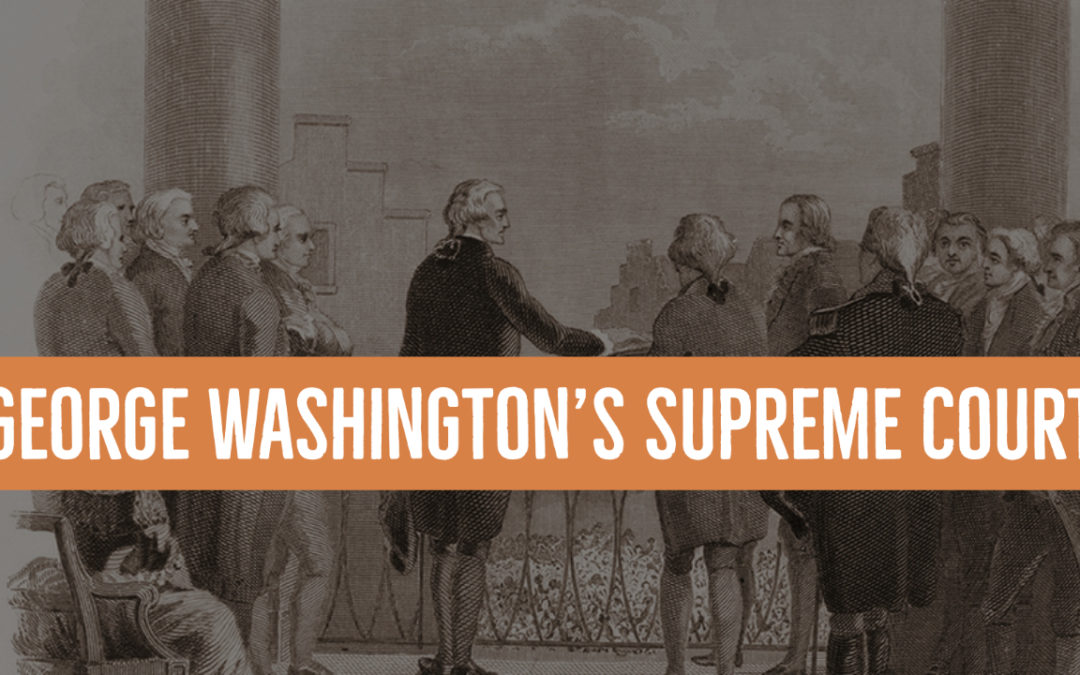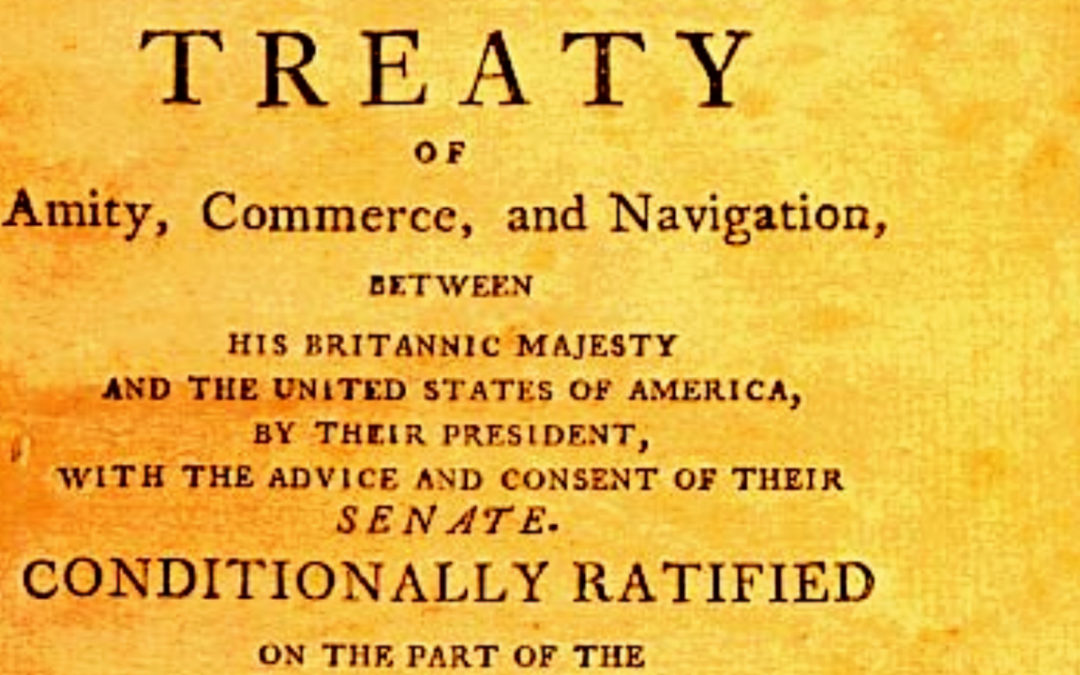
John Jay

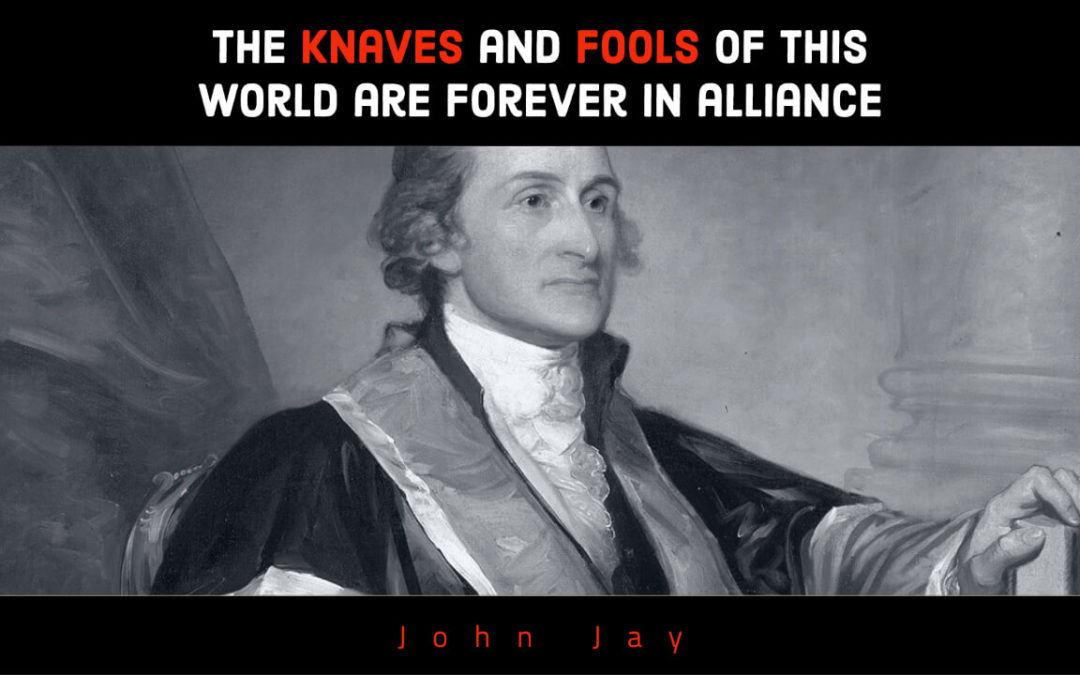
First Chief Justice: They Don’t Make ‘Em Like They Used To
October 19, 1789 – John Jay was sworn in as the first Chief Justice of the United States. Even a quick overview of his views on the Constitution, war and peace, property rights and more – can show just how far almost everyone today is from our founding...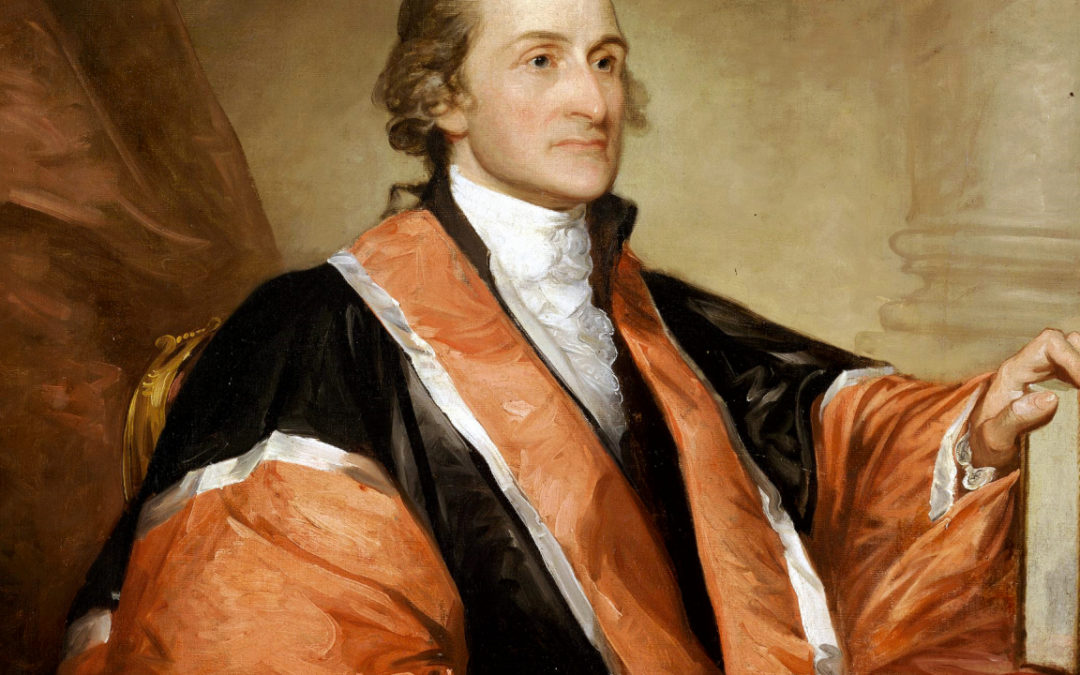
Today in History: John Jay Sworn in as First Chief Justice of the United States
Today in history, on October 19, 1789, John Jay was sworn in as the first Chief Justice of the United States. At the time, the power and scope of the High Court were minuscule. During Jay’s six years as Chief Justice, the Supreme Court only heard four cases....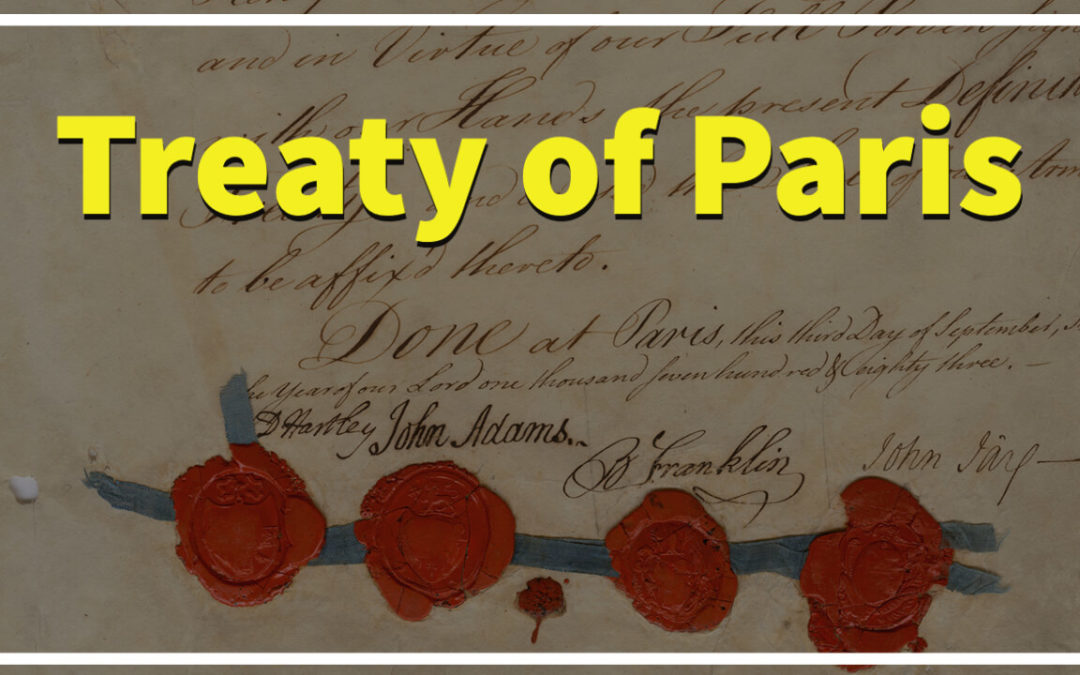
Peace and Independence: Franklin, Adams and Jay on the Treaty of Paris
Sept. 3, 1783, the Treaty of Paris formally established “a general peace.” Signed by Benjamin Franklin, John Adams and John Jay – Article I affirmed 13 “free sovereign and Independent States,” and remains in force today. Highlighting their views on the treaty...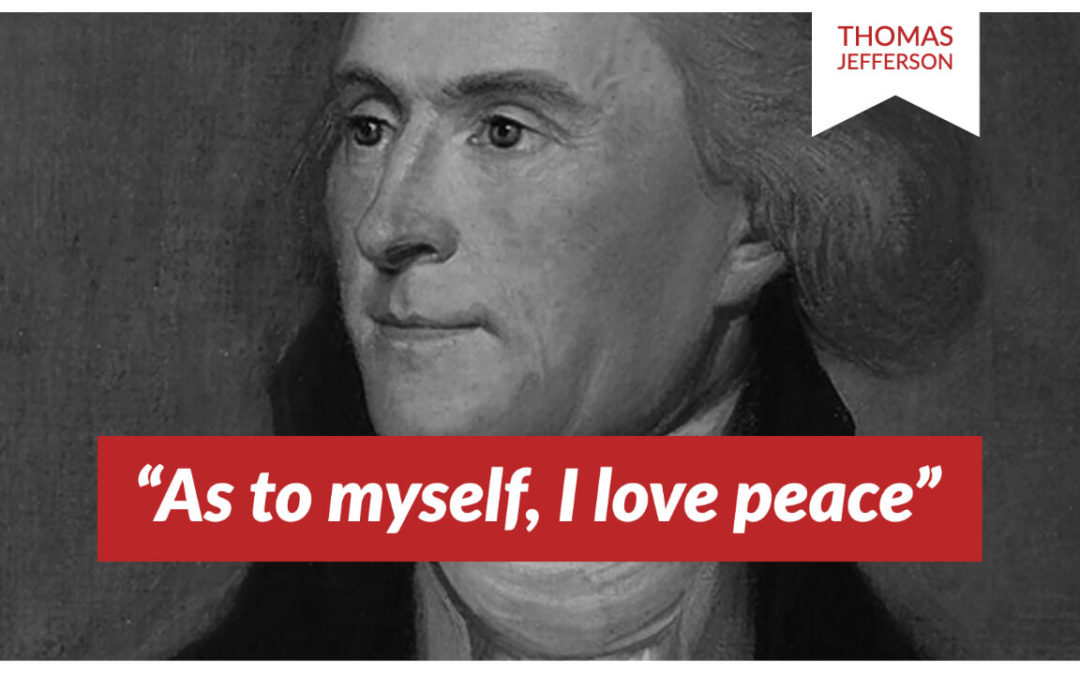
5 Founders on the Horrors and Evils of War
Thomas Paine, John Jay, Benjamin Franklin, Thomas Jefferson and James Madison – in their own words – on the evils of war. Not on the structure of war powers under the Constitution, but as a deeper, philosophical foundation. Path to Liberty. Fast Friday...